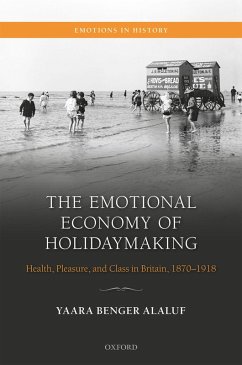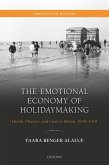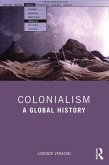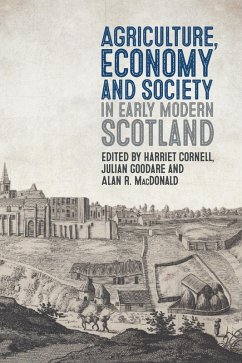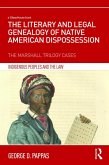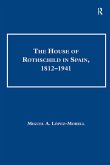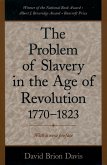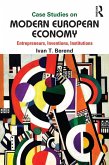It is often taken for granted that holiday resorts sell intangible commodities such as freedom, enjoyment, pleasure, and relaxation. But how did the desire for a 'happy holiday' emerge, how was 'the right to rest' legitimized, and how are emotions produced by commercial enterprises? To answer these questions, The Emotional Economy of Holidaymaking explores the rise of popular holidaymaking in late-nineteenth-century Britain, which is generally considered to be the birthplace of mass tourism. Drawing on a wide range of texts, including medical literature, parliamentary debates, advertisements, travel guides, popular stories, and personal accounts, the book unravels the role emotions played in British spa and seaside holiday cultures. Introducing the concept of an 'emotional economy', Yaara Benger Alaluf traces the overlapping impact that psychological and economic thought had on moral ideals and performative practices of work and leisure. Through a vivid account of changing attitudes toward health, pleasure, social class, and gender in late-Victorian and Edwardian Britain, she explains why the democratization of holidaymaking went hand in hand with its emotionalization. Combining the history of emotions with the sociology of commodification, the book offers an innovative approach to the study of the leisure and entertainment industries and a better understanding of how medicalized conceptions of emotions influenced people's dispositions, desires, consumption habits, and civil rights. Looking ahead to the central place of tourism in twenty-first century societies and its relation to stress and burnout, The Emotional Economy of Holidaymaking calls on future research of past and present leisure cultures to take emotions seriously and to rethink notions of rationality, authenticity, and agency.
Dieser Download kann aus rechtlichen Gründen nur mit Rechnungsadresse in A, B, BG, CY, CZ, D, DK, EW, E, FIN, F, GR, HR, H, IRL, I, LT, L, LR, M, NL, PL, P, R, S, SLO, SK ausgeliefert werden.

